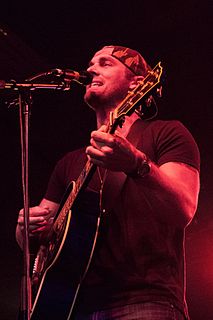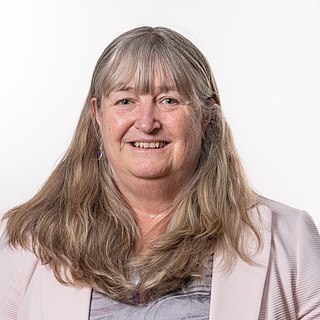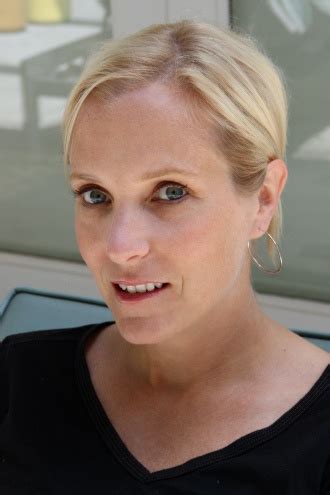A Quote by Richard Flanagan
There are words and words and none mean anything. And then one sentence means everything.
Quote Topics
Related Quotes
There are times when I can't stop speaking, when a million words leave my mouth in a matter of seconds… a million words that mean nothing… but when I want to find some words that mean everything, I just can't speak. Like: I miss you. Like: I love you. Like: My world is falling apart and I need you by my side.
When it's your words, and then you watch it connect with an audience as the artist, I kinda reflect back on the writing process and why those words were important to me. And to watch people sing it back, I mean, that kinda means everything because that's the whole point for me - performance and songwriting - is to connect with people.
Listen and learn: you need fourteen characters, minimum. Use random letters, not words. Here’s a tip: think of a sentence, and use the first letter in each of those words. Mix it up between upper and lower case. Then pick two numbers that mean something to you – not dates – and stick them somewhere between the letters. Put a punctuation mark at the beginning of the password and then a symbol, like a dollar sign, at the end.
sentences were used by man before words and still come with the readiness of instinct to his lips. They, and not words, are the foundations of all language. ... Your cat has no words, but it has considerable feeling for the architecture of the sentence in relation to the problem of expressing climax.





































